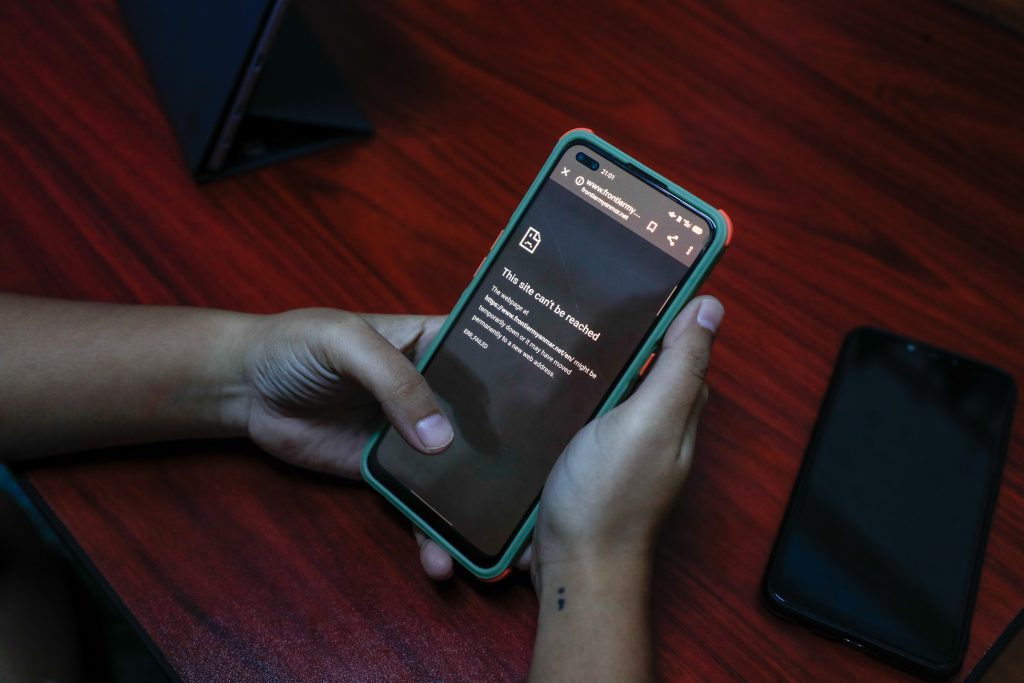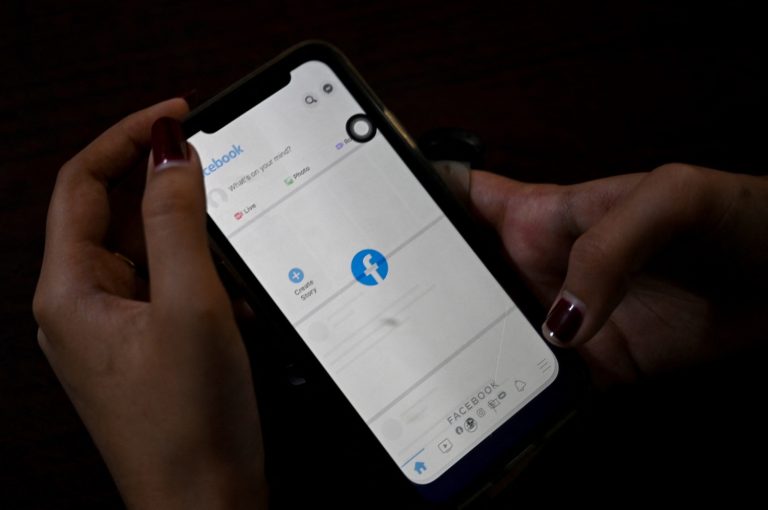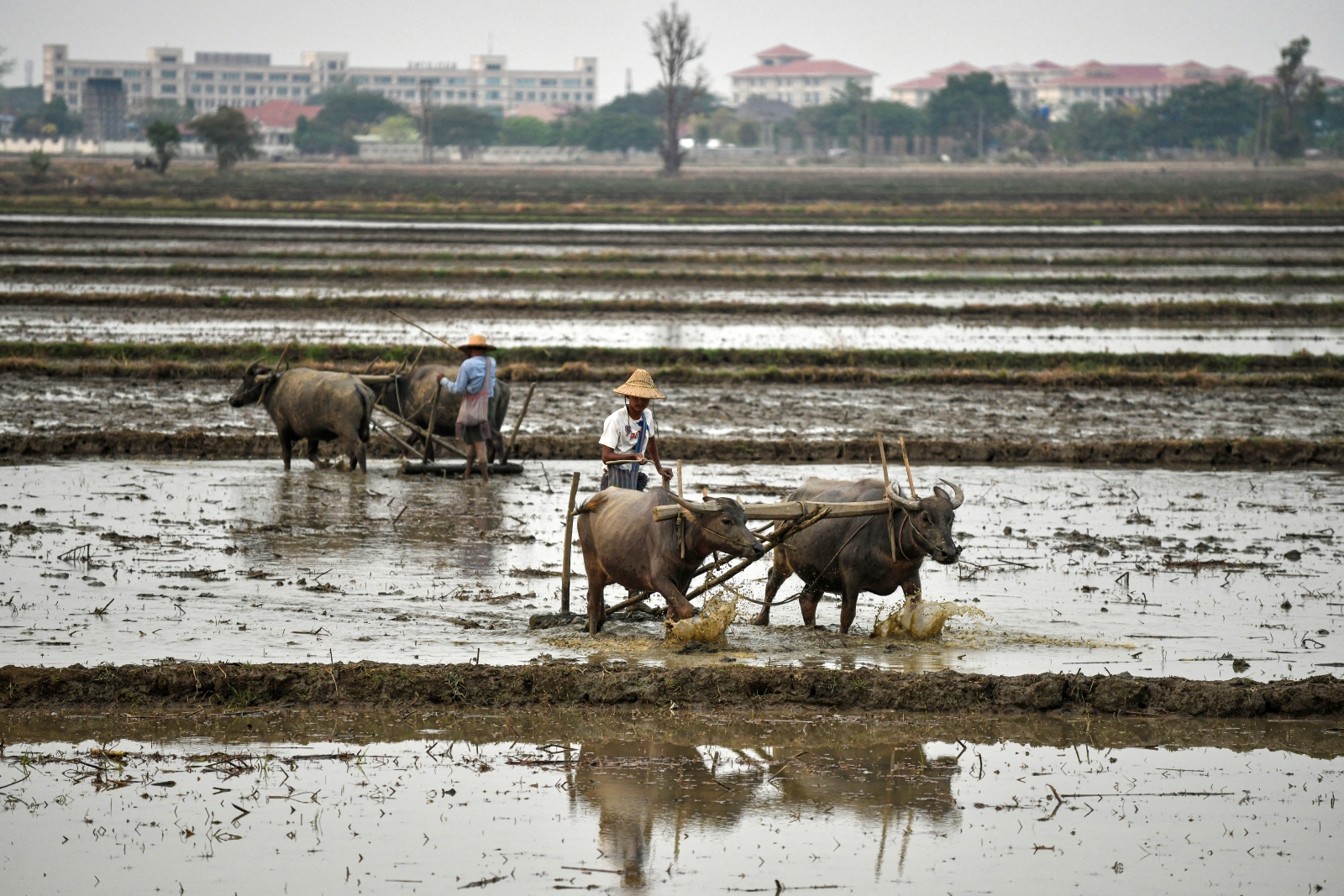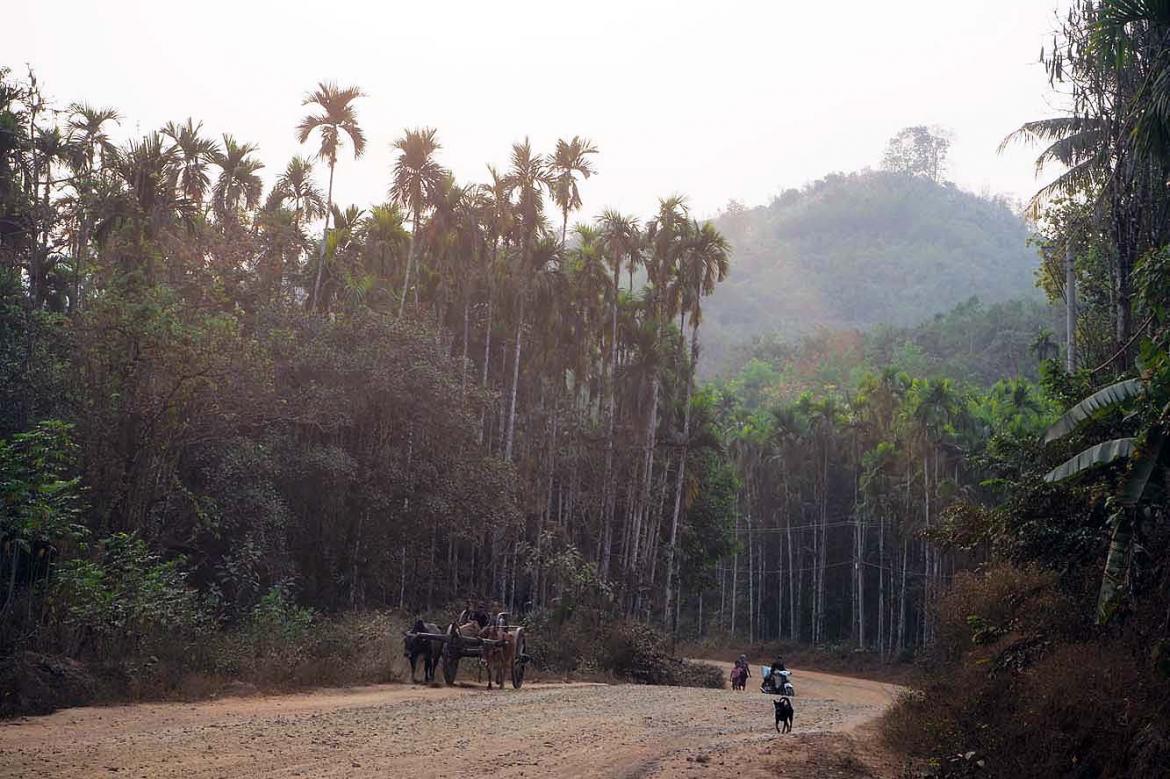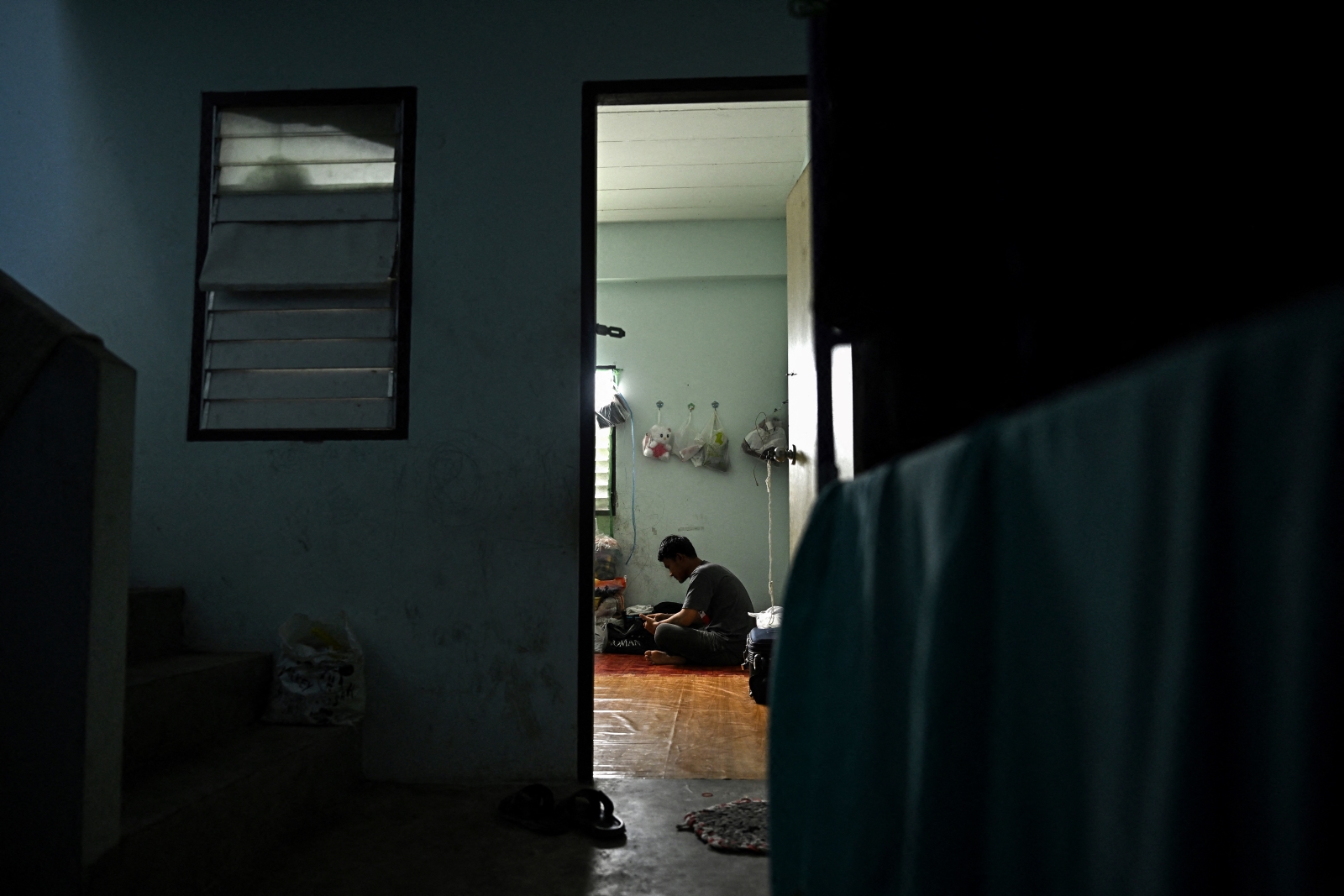After months of unpredictable internet shutdowns, people are once again able to reliably connect to the internet. For mobile users though the digital space has been restricted to pre-approved sites, and the junta is heavily monitoring traffic.
By FRONTIER
One of the many freedoms Myanmar people lost in the aftermath of the February 1 coup was the freedom to use the internet with relatively few restrictions. The junta has attempted to limit access to the internet through a combination of internet blackouts, website and platform bans, and criminalising the use of VPNs.
The first day of the coup saw internet blackouts that lasted hours at a time. Facebook was quickly banned after it became the platform of choice for those expressing online dissent against the coup. Twitter and Instagram were banned soon after, as were a number of websites, including news agencies like Myanmar Now, Mizzima, and DVB. The junta said they took these actions to prevent online platforms being used to incite unrest.
Internet blackouts were repeatedly put into place and the people of Myanmar have experienced constant internet shutdowns since the coup. For nearly 50 days all mobile internet was shut down. During this period, there were only around 500,000 connections to the internet in a country of 54 million.
The regime’s newest strategy to censor the digital space in Myanmar is to allow access only to approved websites and platforms on a “whitelist”, whereas before the entire internet was accessible except for blacklisted sites.
Ko Naing Win, an IT professional, told Frontier on June 10 that he expects that all internet users in Myanmar, those using mobile data, wireless broadband, and fibre connections, will be affected by whitelisting because the junta wants to limit people’s freedom online. So far the whitelist only seems to be affecting mobile internet.
“I think the junta will continue to whitelist internet access on the fibre network when the setup for mobile internet is finished. After that, our country will be similar to North Korea. Freedom will be left as a dream,” he said.
Banning hundreds of thousands of IP addresses
This isn’t the first time blackouts and bans have been used in Myanmar. Even before the coup, parts of Rakhine State and Chin State were subject to a nearly 15-month-long internet blackout ordered by the civilian government at the request of the military. It was the longest internet blackout in the world.
The military began casting a much broader net as it sought to quell the uprising against its coup. The regime instructed mobile operators and internet service providers to ban platforms like Facebooksand Twitter in February, with other websites in March, providing long lists of IP addresses to be blocked.
A senior official at one of Myanmar’s main telecommunication companies, MPT, who spoke on condition of anonymity, said that the military gave the company hundreds of thousands of IP addresses for the blacklist. They included websites of news outlets whose licenses the junta had revoked. Regime officials have not made any public statements regarding these lists.
“The military did not give the list [of IP addresses] to ban the websites all at once. The directives came to my office at least twice per week at that time. Now, there are no more directives to ban the websites on the blacklist,” he said.
These bans, in addition to the recurring internet blackouts, disrupted even the most basic functions of the banking, education, transportation, and healthcare sectors.
“Private bank owners requested a solution to the internet issue at a meeting with the Central Bank to ease the use of banking applications. The Central Bank told us they would discuss our request with the related ministries,” said a private bank official who had attended the meeting.
In April, the rumours about whitelists emerged on social media and speculation was growing that the junta’s restrictions on internet access will worsen. Internet operators confirmed the existence of whitelists in June, though the junta has not publicly acknowledged the lists.
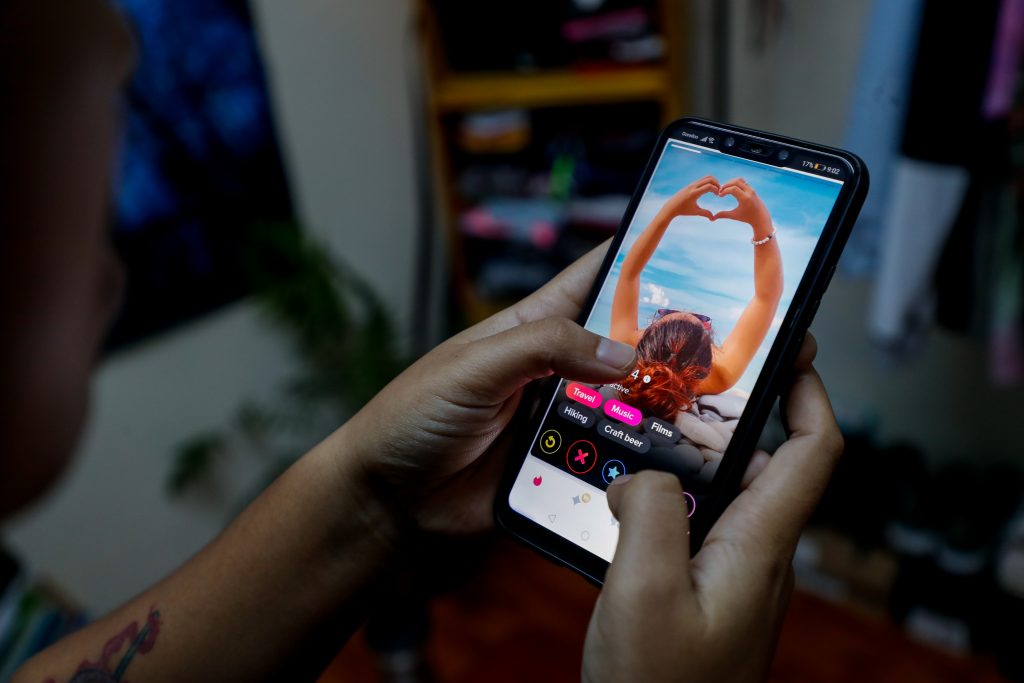
Restricted and surveilled
The junta’s Ministry of Transport and Communication restored access to the internet over mobile data in May, which it shutdown in mid-March. Some of the most popular websites and platforms like Facebook and Twitter remain inaccessible without a VPN. Some of the first apps that became usable again were mobile banking applications.
IT professional Naing Win said that while the military could not ban some cloudflare VPNs like google dns (domain name system), most VPNs could be shut down as whitelisting begins.
“The whitelist internet access has started, I think. We’re not able to access some VPNs and Signal applications as well on the mobile internet but they [military] could not block all access to VPNs. Some might still work. What I can say is that we’re going back to the dark age,” he said.
The senior MPT official said that the ministry has sent its lists and has told mobile operators and internet service providers to follow orders for the whitelist plan.
“The ministry sent a list with more than 1,000 websites and applications to be whitelisted. We have to follow the ministry’s directive, so we did it,” he said.
Recently, the MPT has formed a team to monitor calls and the most frequently visited websites. The senior official said that they could not view emails and chats, but were monitoring the highest traffic websites from local IP addresses.
“The authorities want to know which websites most people are surfing. I have no idea why they want to know. But I think they want to ban websites if these websites are not on the whitelisting,” he said. “If you are using the internet with the VPNs, we could not monitor because we can only monitor the local IP addresses.”
Ko Shine Thu, 24, a student of the University of Computer Studies, said that he did not expect his country would one day become “like North Korea”. He said, “the education, health and business of the country are dependent on the internet. If a person who really wants to be leader of the country doesn’t know this, he is uneducated.”
Officials from MPT and another foreign investment mobile operator could not confirm yet whether whitelisting will similarly limit access via the fibre internet network.
“I believe whitelisting also applies to the fibre internet but I’m not sure whether it’s been implemented as such. Many operators have now resorted to opening all sites, but blocking Facebook, Twitter and Instagram only,” said an official from a foreign investment mobile operator who spoke on condition of anonymity.
The senior MPT official said that the company has yet to implement the whitelist for its fibre internet network and was unsure whether it will.
“On the fibre internet, only Facebook, Twitter and Instagram are still blocked. People can access other sites without VPN except the blacklisted sites. If the fibre internet is limited like the mobile internet, our country will be destroyed,” he said.


